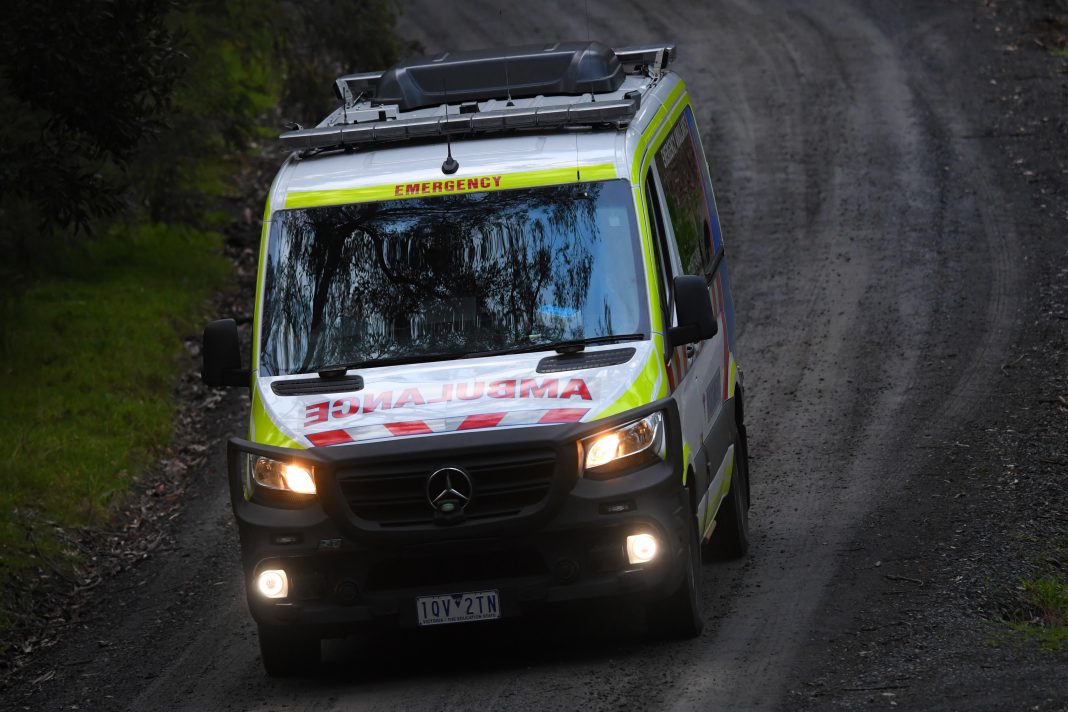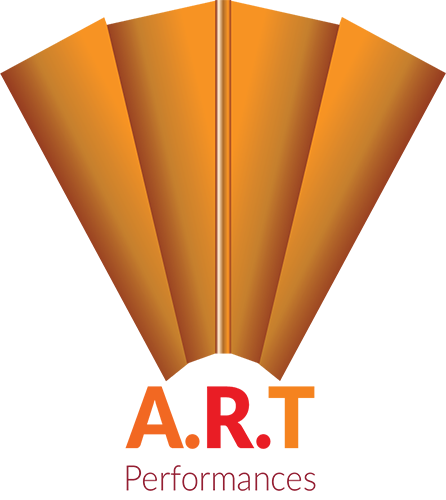Victorian paramedics are transferring about 150 COVID-19 patients to hospital each day, only for them to be turned away.
Ambulance Victoria’s Mick Stephenson says the state’s health system is facing unprecedented pressure due to a rise in COVID-19 cases and other emergency presentations.
“We’re having longer delays at hospital than we’ve ever had before and our capacity to respond and our performance has never been challenged as much as it has been over recent weeks,” he told ABC Radio Melbourne on Wednesday.
“If the growth in COVID cases continues, performance will be expected to get poorer unless we can do something about reducing the number of people coming into hospital.”
Associate Professor Stephenson said transferring COVID-19 patients had become a “major issue” for paramedics.
“Ambulance (Victoria) alone at the moment is transporting about 150 COVID-positive patients a day, they take an extraordinarily long time to process in emergency departments, so they make a significant contribution to slowing the system down,” he said.
Assoc Prof Stephenson said most had mild symptoms and did not require hospital treatment and are being sent home.
Currently, there are 375 Victorians in hospital with COVID-19, but that number could grow to up to 2500 by end of the year according to Burnet Institute modelling commissioned by the state government.
Marty Smyth, Emergency Services Telecommunications Authority chief executive, said 3250 Victorians made ambulance calls on Monday.
It is the highest number of calls since the deadly thunderstorm asthma event in 2016, which led to an unprecedented surge in demand for ambulances and 10 deaths.
“Last year, people were reluctant to access medical services and general practitioners,” Mr Smyth told ABC Radio Melbourne.
“This year we’re seeing a significant increase in demand and calls but they’re all standard calls that we would typically take on a day – road traffic accidents, medical emergencies, chest pain, abdominal pain, headaches that kind of thing.”
He said there is a benchmark that 90 per cent of triple zero calls are answered in five seconds but the average wait is currently is one to two minutes.
One person was forced to wait 13 minutes on Monday night.
“These calls are not triaged, so until we actually take the call and triage it and find out what exactly is going on, that’s what really concerns us,” Mr Smyth said.
Government funding has allowed the service to hire an additional 43 staff but it will take them months to train.
He and Assoc Prof Stephenson both urged Victorians not to call triple zero unless it was an emergency.


